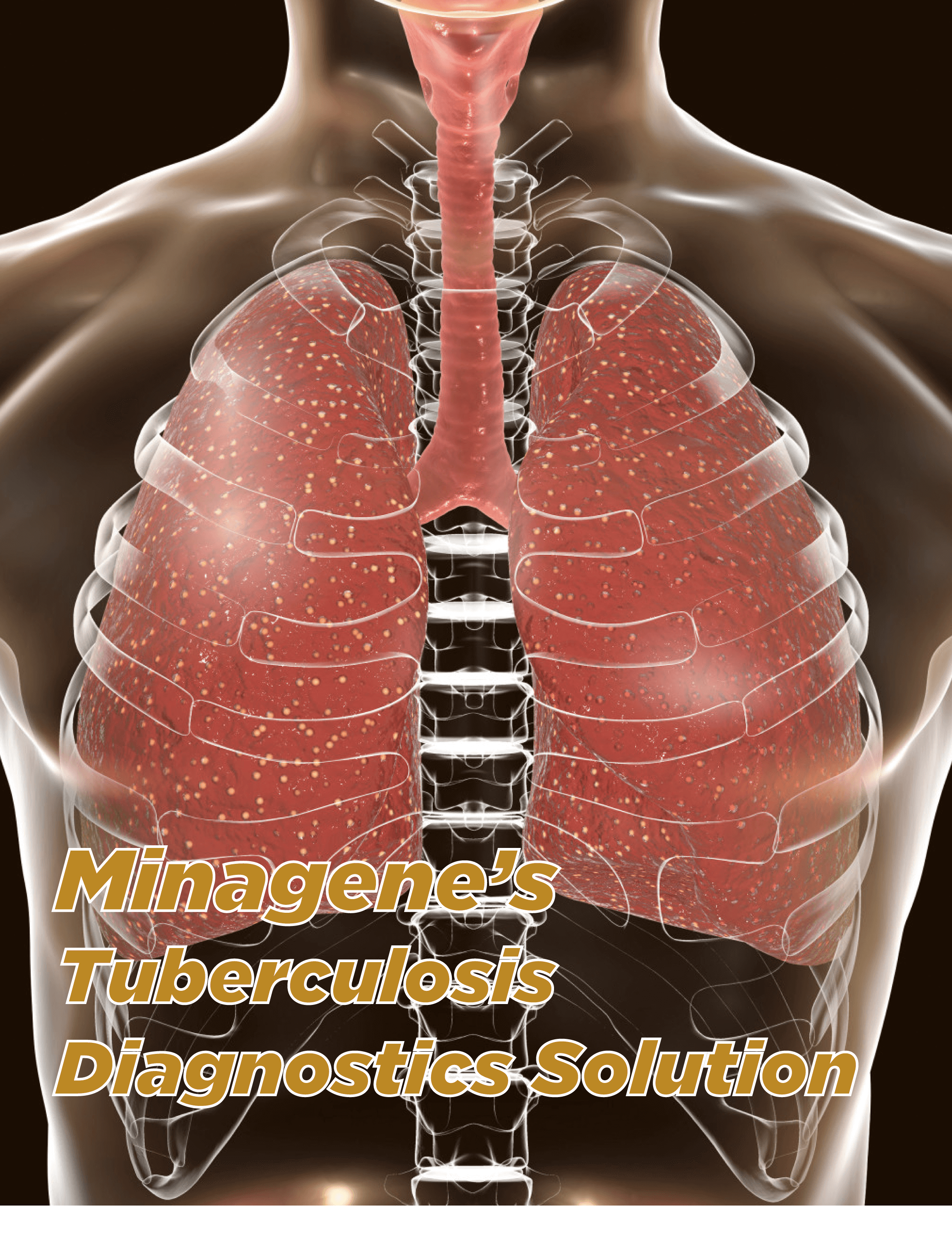
Overview
Minagene's Non-Small Cell Lung Cancer (NSCLC) Panel is a specialized genetic test designed to provide comprehensive genetic information for precise diagnosis, prognosis, and personalized treatment selection in patients with NSCLC. This panel utilizes cutting-edge next-generation sequencing (NGS) technology to analyze key genes and genetic alterations associated with NSCLC, enabling clinicians to make informed treatment decisions and optimize patient outcomes.
Methodology
The NSCLC Panel utilizes NGS-based targeted sequencing to analyze DNA or RNA extracted from tumor samples of NSCLC patients. The panel covers a wide range of genes known to be involved in NSCLC development and progression, including driver mutations, gene fusions, copy number variations (CNVs), and other genetic alterations. By assessing the genetic landscape of NSCLC, the panel provides a comprehensive genetic profile that guides personalized management strategies.
Key Highlights of the Test:
-Comprehensive Genetic Evaluation: The NSCLC Panel offers a comprehensive evaluation of genetic alterations associated with NSCLC. It analyzes key genes involved in NSCLC development, including EGFR, ALK, ROS1, KRAS, BRAF, and many others, allowing for a detailed genetic profile of the tumor. This information aids in accurate diagnosis, subtyping, and identification of potential therapeutic targets.
-Personalized Treatment Selection: By identifying actionable genetic alterations, the panel facilitates personalized treatment selection. It helps identify patients who are likely to benefit from targeted therapies, immunotherapies, or clinical trials based on their specific genetic profile. This approach improves treatment response rates and overall patient outcomes.
-Prognostic Insights: The NSCLC Panel provides valuable prognostic insights by assessing genetic alterations associated with disease aggressiveness and patient prognosis. The identification of high-risk genetic markers guides clinicians in tailoring treatment strategies, including the intensity and duration of therapy, to optimize patient outcomes.
-Resistance Mechanism Detection: The panel aids in detecting genetic alterations associated with resistance to targeted therapies commonly used in NSCLC. By identifying these resistance mechanisms, clinicians can make timely treatment adjustments, explore alternative treatment options, or consider combination therapies to overcome drug resistance.
-Monitoring Treatment Response: Serial analysis using the NSCLC Panel enables the monitoring of treatment response over time. By tracking changes in the genetic profile, clinicians can assess treatment efficacy, detect emerging resistance mechanisms, and guide treatment modifications for optimal disease control.
-NSCLC Diagnosis: The NSCLC Panel is recommended for patients with suspected or newly diagnosed NSCLC. It aids in precise diagnosis, subtyping, and identification of genetic alterations that guide treatment decisions.
-Treatment Decision-Making: The test assists in treatment decision-making by identifying actionable genetic alterations that guide targeted therapy selection. It helps identify patients who may benefit from specific targeted agents, immunotherapies, or clinical trials based on their genetic profile.
-Prognostic Assessment: The panel provides prognostic information by assessing genetic alterations associated with disease aggressiveness and patient prognosis. This information helps clinicians in risk stratification and treatment planning.
-Resistance Mechanism Detection: The panel aids in detecting genetic alterations associated with resistance to targeted therapies. It guides treatment adjustments and exploration of alternative treatment options to overcome drug resistance.
-Treatment Response Monitoring: Serial testing using the NSCLC Panel enables the monitoring of treatment response and the detection of emerging resistance mechanisms. This information guides treatment adjustments and ensures optimal disease control.







